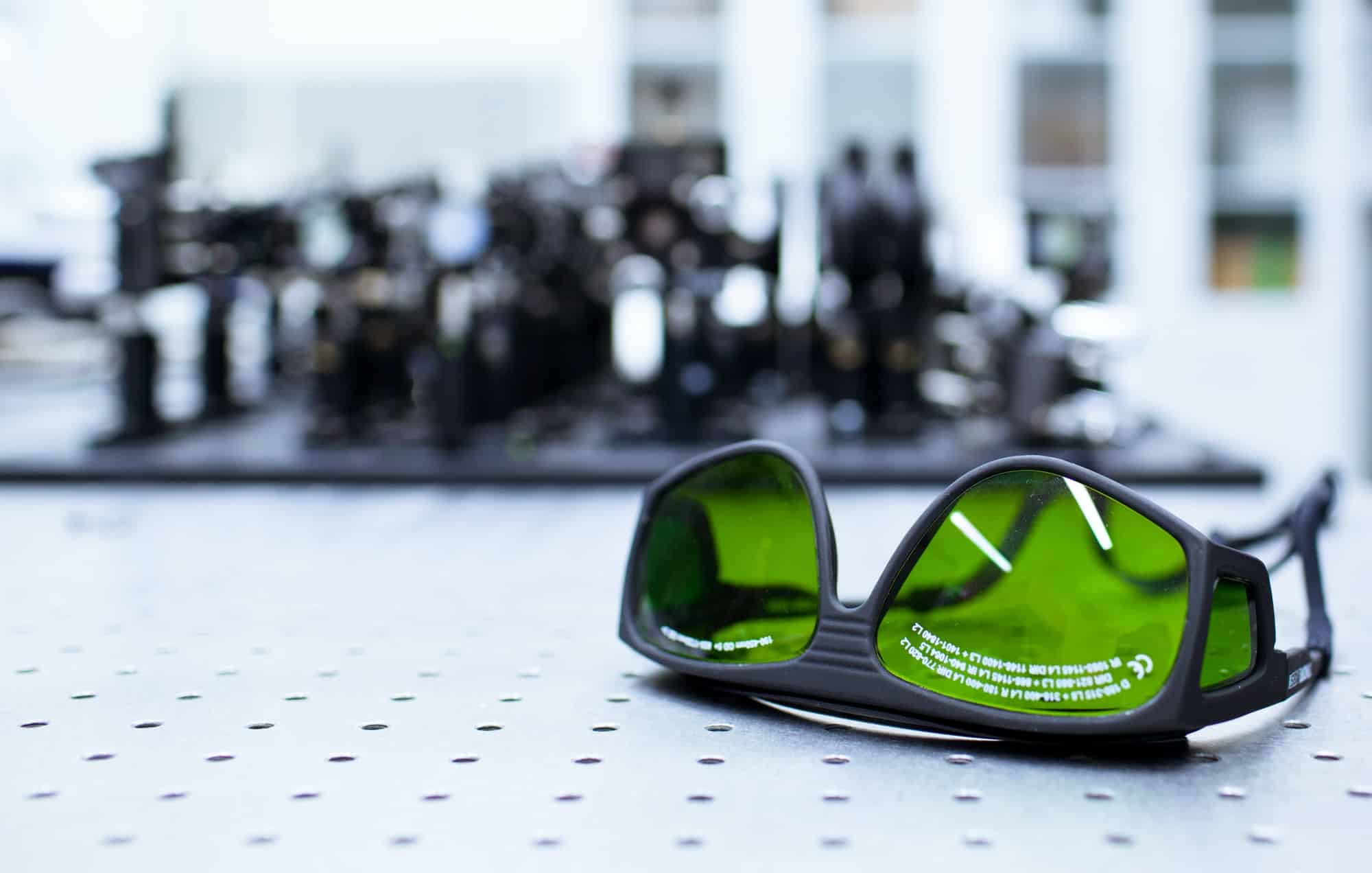Quantum sensors have emerged as a groundbreaking technology that promises to revolutionise a multitude of sectors. Among the many applications being explored, one stands out for its potential impact on our understanding of the world beneath our feet. The United Kingdom, specifically, is seeing a surge in interest and investment in this area, with the city of Birmingham at the hub of these efforts. The following sections will discuss this exciting development and the role quantum technology could play in enhancing UK’s geological survey capabilities.
Quantum Sensing: A Groundbreaking Technology
Quantum sensing, a technology that utilises the principles of quantum mechanics, could be the next big game-changer. It essentially uses the peculiar behaviour of atoms and subatomic particles to measure physical quantities with unprecedented accuracy.
Also read : What’s the Impact of Deep Learning in Enhancing UK’s National Weather Prediction Models?
At the core of this technology are quantum sensors, devices that use quantum coherence to achieve highly sensitive and accurate measurements. One of the most fascinating aspects of quantum sensors is their ability to detect changes in gravity. By measuring tiny fluctuations in the gravitational field, these sensors can help create detailed maps of what lies beneath the ground. These have a range of applications, from finding hidden mineral resources to predicting natural disasters.
Birmingham: The Hub of Quantum Innovation
The city of Birmingham is rapidly becoming a hub for quantum innovation. The University of Birmingham, in particular, has been at the forefront of research into quantum technologies. Commenting on the university’s commitment to this field, Professor Kai Bongs, a leading figure in quantum sensing, highlighted the potential benefits of these technologies.
Have you seen this : How Is Wireless Charging Technology Evolving to Power Electric UK Public Buses?
"We are at the dawn of a new era where quantum technology will have a significant impact on a wide range of industries," Professor Bongs remarked. "From healthcare to construction, these technologies will help solve some of the world’s most challenging problems."
A significant project under Birmingham’s quantum umbrella is the UK Quantum Technology Hub Sensors and Timing, led by the University of Birmingham. This project seeks to harness quantum technologies for a multitude of applications, with geological surveying being one of the key areas of interest.
Quantum Sensors and Geological Surveying
One of the most promising applications of quantum sensors is in geological surveying. The ability to detect slight changes in gravity can be leveraged to create detailed, high-resolution images of the subsurface.
This could revolutionise the field of geology. For example, by using quantum sensors, scientists could identify hidden mineral deposits, locate underground water sources, and even predict volcanic eruptions or earthquakes by observing changes in the Earth’s gravitational field.
The UK Quantum Technology Hub is actively exploring these possibilities. As part of their efforts, they have initiated a project that aims to develop a ‘gravity radar.’ This device would use quantum sensors to scan the ground and create detailed images of the subsurface, much like an ultrasound does for the human body.
The Future of Quantum Sensing in the UK
With the potential advantages of quantum sensing becoming increasingly clear, there is a concerted effort to develop and utilise this technology across the UK. The UK Quantum Technology Hub is a sign of this, bringing together experts from various fields to explore the potential applications of quantum sensors.
In addition to ongoing research at universities, there is also growing interest from the private sector. Several tech companies are looking to harness the power of quantum sensing for a range of commercial applications. As the technology matures, we can expect to see more widespread adoption and integration into everyday life.
While it’s too early to say precisely how quantum sensing will reshape the UK’s geological survey capabilities, there’s no denying the potential it holds. The coming years will undoubtedly see exciting developments as researchers and technology enthusiasts follow the progress of this groundbreaking technology.
The Role of Quantum Gravity Sensors in Geological Surveys
Quantum gravity sensors are expected to play a significant role in redefining geological surveys. This quantum technology maintains an uncanny ability to pick up the minutest of changes in gravitational fields and can thus provide detailed mappings of what lies beneath the surface of the Earth.
These sensors are based on the principles of quantum gravity, a cutting-edge field that integrates quantum mechanics and general relativity. The technology utilises the unique properties of atomic and subatomic particles, allowing measurements to be taken with exceptional accuracy. This detailed survey data can be used to map the Earth’s subsurface to discover mineral resources, trace water sources, and even detect signs of impending natural disasters like earthquakes or volcanic eruptions.
The University of Birmingham is leading the charge in the UK, pioneering research and development in quantum technologies. One of their key initiatives is the development of a ‘gravity radar,’ a device that utilises quantum sensors to scan the ground, much like an ultrasound scans the human body. This revolutionary concept has the potential to dramatically enhance the capabilities of geological surveys, offering a more detailed and accurate representation of the subsurface than ever before.
Conclusion: Paving the Way for Quantum Technology
The growing investment in the field of quantum technologies and the active involvement of esteemed institutions like the University of Birmingham further underline the UK’s commitment to this transformative technology. The UK Quantum Technology Hub Sensors and Timing project embodies this commitment by harnessing quantum technologies for a plethora of applications, including geological surveys.
The private sector is also showing keen interest. Tech companies are eyeing the potential of quantum sensors and are keen to integrate this technology into commercial applications. As the technology matures, its adoption and integration into everyday life seem inevitable.
While it’s still early days for quantum sensing, the technology already shows immense promise. The capability of quantum gravity sensors to capture tiny fluctuations in the Earth’s gravitational field could herald a new era in geological surveys.
Quantum sensing is undoubtedly an exciting frontier for the UK’s geological survey capabilities. Time will show how it fully evolves and impacts our understanding of the world beneath our feet. It is clear, however, that the UK stands at the forefront of this technological revolution, ready to seize the opportunities that quantum sensing presents.











